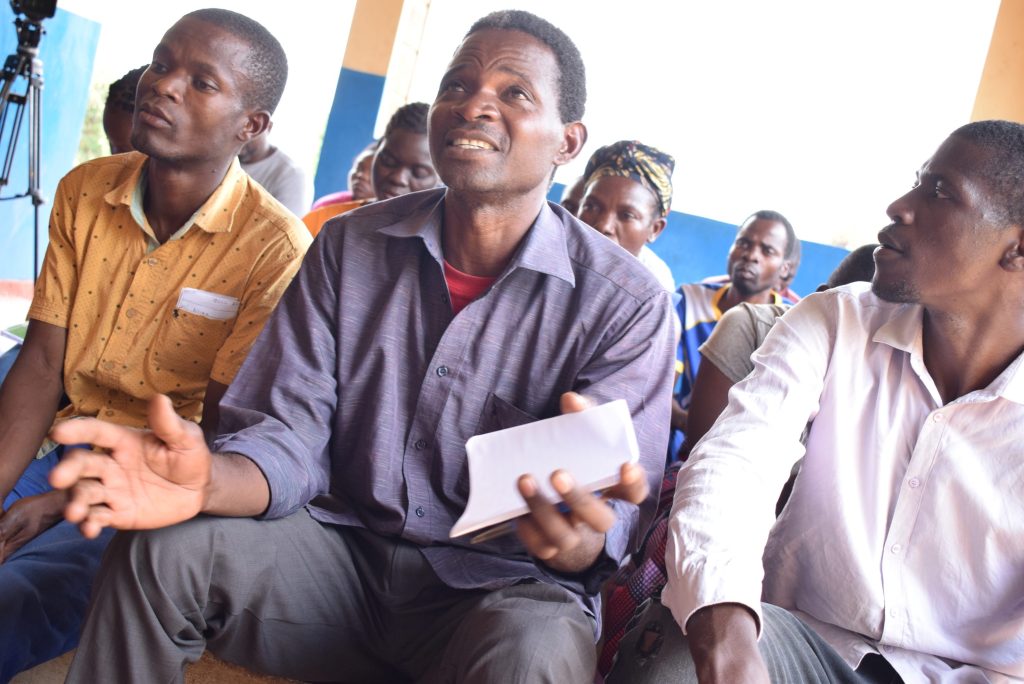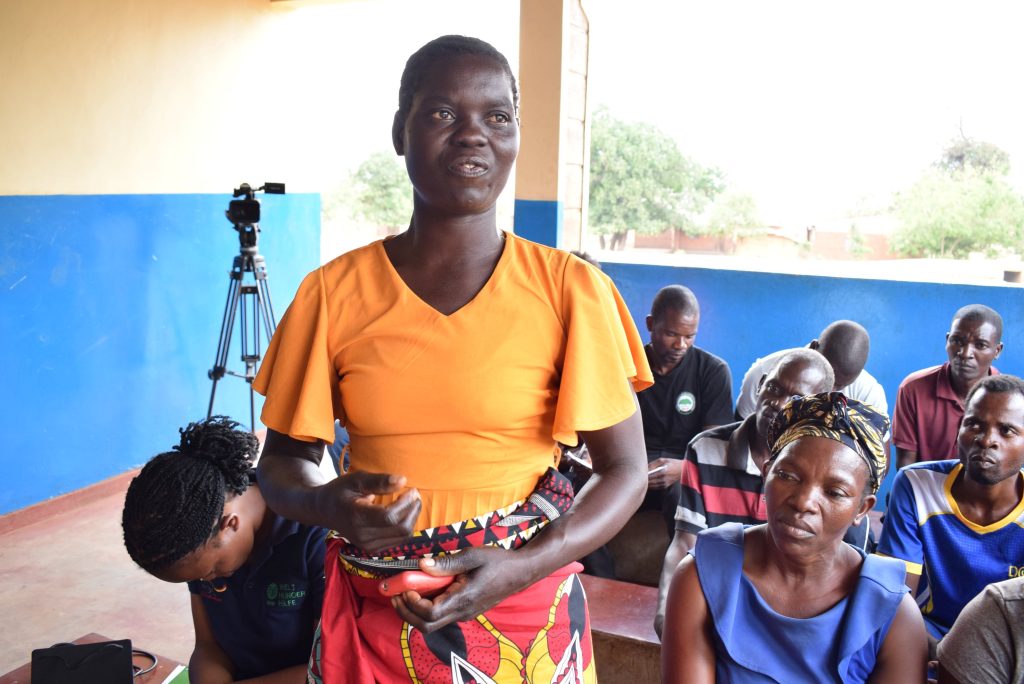From October 28 to 31, 2025, the Civil Society Agriculture Network (CISANET), in collaboration with the Anti‑Corruption Bureau (ACB), the Affordable Input Programme (AIP) Coordinating Unit of the Ministry of Agriculture, the District Agriculture Extension Coordinating Committee, organized a media tour in the districts of Phalombe and Dedza, where the Combating Corruption in the Affordable Inputs Programme (AIP) project is being implemented. The tour included visits to the Group Village Headmen (GVHs) of Namalima, Nyezelera, Nambazo, Chafumbwa, and Lobi.


The primary aim of the media tour was to explore challenges and limitations, documenting and exposing corrupt practices arising from the AIP, thereby providing farmers and agricultural leaders with a platform to voice the challenges they encounter under the AIP and to share personal experiences to ensure strengthened accountability and transparency in the programme’s implementation.
Key Issues Raised by Participants, including limited access to the selling deposits, being charged an extra amount to expedite the purchase process, late input delivery, one person having multiple national identification cards, and Unified Beneficiary Registry (UBR) selection process, noting that it sometimes includes individuals who lack the capacity to farm and who subsequently sell their identification cards to vendors therefore, emphasize the need to shift the beneficiary selection process from the UBR to a community‑based approach led by chiefs and Village Agriculture Committees (VACs) to ensure inputs reach those who can productively use them.
CISANET reaffirmed its commitment to promoting transparency, accountability, and farmer participation in the Affordable Inputs Programme. The media tour highlighted critical gaps in the current implementation, particularly around beneficiary selection, gender‑based access barriers, and corruption at distribution sites. By documenting and broadcasting the testimonies of farmers and local leaders, CISANET aims to drive systemic improvements that will enhance the programme’s effectiveness and ensure that inputs reach the intended, productive beneficiaries.
